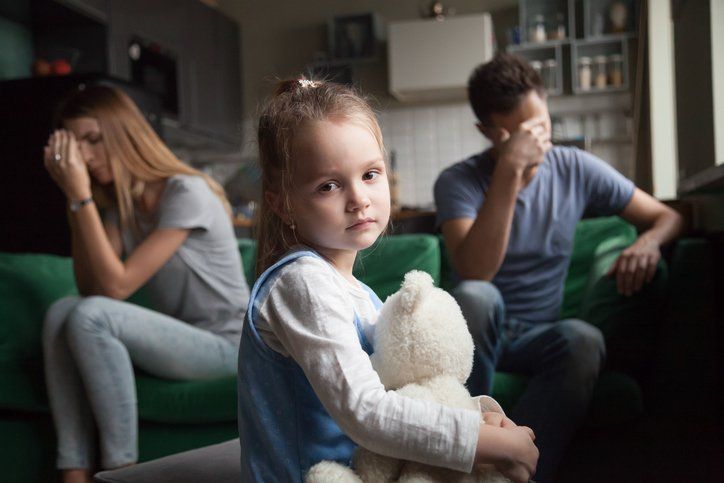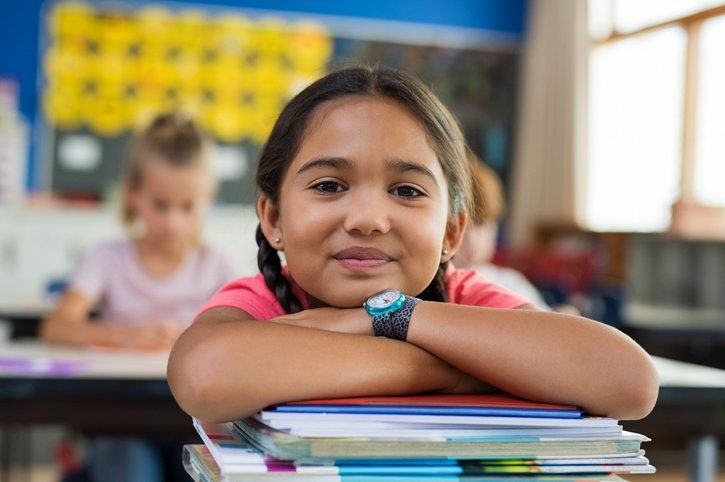How Does Mediation Help?
"Children who are exposed to more intense conflict between parents are more likely to suffer harm resulting from their parents' divorce. The lower the level of conflict between parents, the more likely those children will emerge emotionally whole."
Andrew I. Schepard, Children, Courts, and Custody: Interdisciplinary Models for Divorcing Families. New York: Cambridge University Press (2004). p. 31.
Imagine feeling positive and hopeful about the future as you work through this challenging time in life. Divorce can feel like a failure, but in reality it is a life transition. Mediation is about building toward to your future, while litigation is about hashing out the pain of the past. Mediation provides the resources and support you need during this transition, without the added stress of court hearings. Our caring and knowledgeable mediators carefully guide you through the process and stay focused on what matters most as you reach agreements.
For families struggling with transition, mediation provides many benefits compared to traditional litigation. In addition to being less costly and stressful mediation is often a quicker route to a final resolution. Imagine waking up tomorrow and having a clear understanding of both your rights and responsibilities? Mediation helps people make durable agreements while spending less time, money, and energy on the process.
Fighting hurts children. Mediation can help parents create Parenting Plans to set clear expectations regarding timesharing, decisions and support. By reducing conflict between parents, mediation allows children to better adjust to the changes brought on by divorce and separation. Our mediators work with families to reach agreements that focus on the needs of the children and develop positive Parenting Plans that prioritize the best interests of the family.
We also work with couples who do not have children but want to amicably and fairly dissolve their marriage.
The mediation process is
voluntary and confidential so you can feel safe discussing and sharing ideas about what makes the most sense for your family. In mediation, as compared to arbitration or trial, decision-making authority rests with the participants.
You decide, not a judge.
"One of the most important aspects of the family environment for children whose parents are divorcing is the level of parental fighting. In fact, parental fighting is actually a better forecaster of children's function after the divorce than the changes in the parents' marital status . . . and the children's subsequent separation from a parent."
E. Mark Cummings and Patrick Davies, Children and Marital Conflict: The Impact of Family Dispute and Resolution. New York: The Guilford Press (1994), p. 9.






